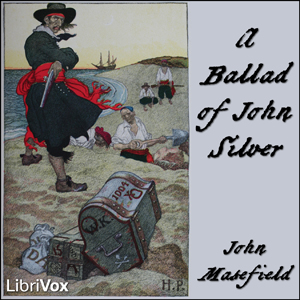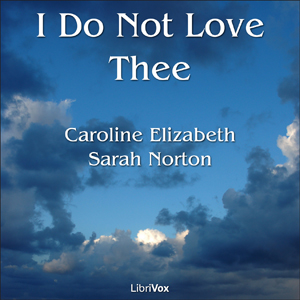- The Window on the Hill - Read by AS
- The Window on the Hill - Read by CC
- The Window on the Hill - Read by DL
- The Window on the Hill - Read by DVB
- The Window on the Hill - Read by FS
- The Window on the Hill - Read by GC
- The Window on the Hill - Read by JCM
- The Window on the Hill - Read by JL
- The Window on the Hill - Read by JM
- The Window on the Hill - Read by JOC
- The Window on the Hill - Read by JRPB
- The Window on the Hill - Read by KJS
- The Window on the Hill - Read by KW
- The Window on the Hill - Read by LAH
- The Window on the Hill - Read by PG
- The Window on the Hill - Read by REF
- The Window on the Hill - Read by RN
- The Window on the Hill - Read by RWH
- The Window on the Hill - Read by UM
LibriVox volunteers bring you 19 recordings of The Window on the Hill by Madison Julius Cawein. This was the Weekly Poetry project for April 22, 2012.
Madison Julius Cawein was born in Louisville, Kentucky, the fifth child of William and Christiana (Stelsly) Cawein. His father made patent medicines from herbs. Cawein thus became acquainted with and developed a love for local nature as a child. After graduating from high school, Cawein worked in a pool hall in Louisville as a cashier in Waddill's New-market, which also served as a gambling house. He worked there for six years, saving his pay so he could return home to write. His output was thirty-six books and 1,500 poems. His writing presented Kentucky scenes in a language echoing Percy Bysshe Shelley and John Keats. He soon earned the nickname the "Keats of Kentucky". He was popular enough that, by 1900, he told the Louisville Courier-Journal that his income from publishing poetry in magazines amounted to about $100 a month (Summary by Wikipedia)
Madison Julius Cawein was born in Louisville, Kentucky, the fifth child of William and Christiana (Stelsly) Cawein. His father made patent medicines from herbs. Cawein thus became acquainted with and developed a love for local nature as a child. After graduating from high school, Cawein worked in a pool hall in Louisville as a cashier in Waddill's New-market, which also served as a gambling house. He worked there for six years, saving his pay so he could return home to write. His output was thirty-six books and 1,500 poems. His writing presented Kentucky scenes in a language echoing Percy Bysshe Shelley and John Keats. He soon earned the nickname the "Keats of Kentucky". He was popular enough that, by 1900, he told the Louisville Courier-Journal that his income from publishing poetry in magazines amounted to about $100 a month (Summary by Wikipedia)
There are no reviews for this eBook.
There are no comments for this eBook.
You must log in to post a comment.
Log in











